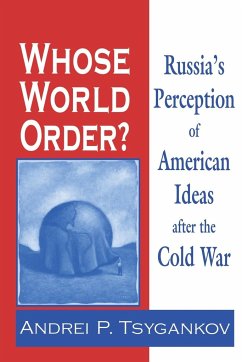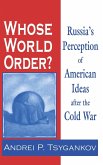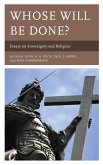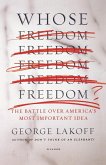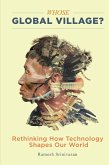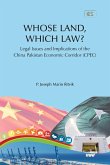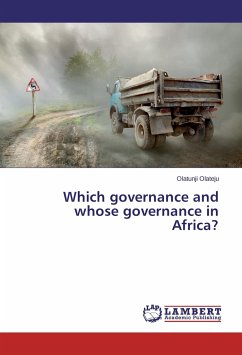Intellectual ideas on the international community can make important contributions to how cultures perceive one another. Yet these same ideas can also be misunderstood by other societies when they are framed in a culturally exclusive manner. In Whose World Order? Andrei P. Tsygankov examines how Russian elites engage American ideas of world order and why Russians perceive these ideas as unlikely to promote a just or stable international system. Tsygankov focuses on Francis Fukuyama's "end of history" thesis, which argues for the global ascendancy of Western-style market democracy, and Samuel Huntington's "clash of civilizations," which drew attention to what Huntington perceived to be an increasingly dominant global disorder. Tsygankov argues that Russian intellectuals received the ideas of these two prominent American scholars critically. Despite Huntington's and Fukuyama's intentions to contribute to the development of freedom and stability in the world, Russians viewed their theories at best as limitations to social and cross-cultural creativity and at worst as justification for a war-mongering, West-centered global dictatorship. Tsygankov traces the reasons for Russian perceptions to the ethnocentric nature of the two sets of ideas and the inability of their authors to fully appreciate Russia's distinctive historical, geopolitical, and institutional perspectives. Throughout this rich study Tsygankov points to the need for scholars to study cultural perceptions in world politics as a means of eliminating some of the obstacles that stand in the way of a truly global society. He also raises the issue of whether or not intellectuals should accept moral responsibility for the ideas they produce and what implications this may have for international relations theory. This important book recommends several ways in which ethnocentric bias can be overcome to move toward embracing the development of various communitarian projects in international relations. With its novel approach and perspective, Whose World Order? is certain to be widely discussed. It will be of value to anyone interested in international relations, comparative politics, and Russian studies.
Hinweis: Dieser Artikel kann nur an eine deutsche Lieferadresse ausgeliefert werden.
Hinweis: Dieser Artikel kann nur an eine deutsche Lieferadresse ausgeliefert werden.

